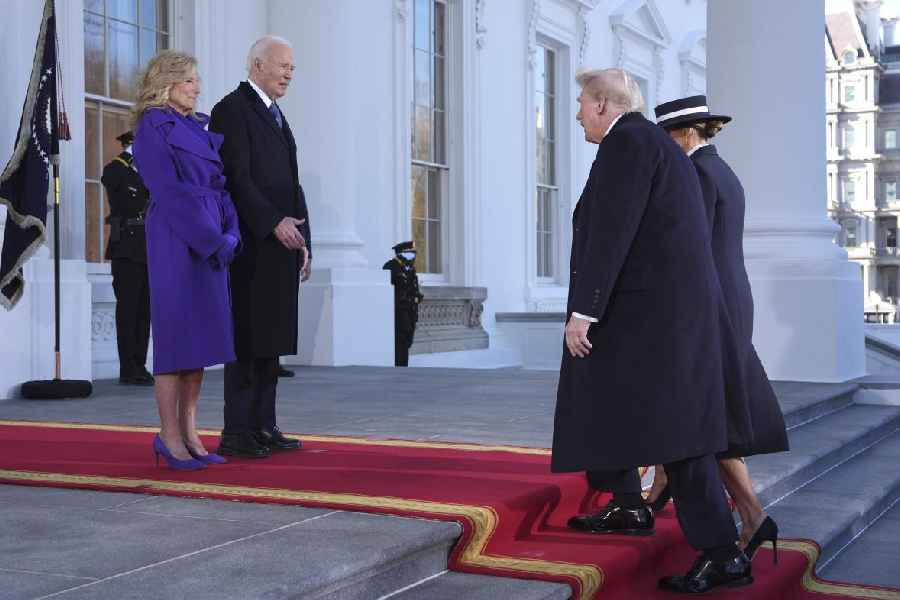That disinformation has slipped deep into the bloodstream of Indian democracy is not a secret. During the electoral season, that challenge has been compounded by the widespread use of Artificial Intelligence to deliver manipulated and misleading memes, videos and photographs to voters. AI-generated, deep fake videos in which two popular Hindi film actors are seen criticising the prime minister have come to light. In Tamil Nadu, the ruling Dravida Munnetra Kazhagam used an AI-generated speech by the late leader, M. Karunanidhi, to address voters. Reports suggest that on Instagram, accounts affiliated to the Bharatiya Janata Party that rules nationally have been violating the platform’s regulations for political propaganda using AI by not formally declaring the use of the technology to manipulate content. It is not as if technology platforms or the government are unaware of the threat posed by the use of AI in political messaging. What is worrying is their unwillingness or inability to do more to tackle this problem.
Meta, the company that owns popular social media platforms like Facebook and Instagram, has introduced rules requiring accounts to clearly disclose the use of AI in political content or risk a ban. Yet, as the case with the pro-BJP messaging on Instagram shows, those norms are not being enforced effectively. Meanwhile, other platforms appear to be following different standards in different geographies. In March, for instance, the popular AI-generation tool, Midjourney, banned the creation of images of Joe Biden and Donald Trump, the current and former presidents of the United States of America. The idea was to prevent any misuse of the platform ahead of the November election in the US. Yet, no such restriction appears to exist on the creation of AI-generated images of Indian politicians. In effect, this has turned India’s election into what some analysts have described as the ‘Wild West’ — the chaotic, unregulated frontier of AI in politics. To be sure, any rule must neither be heavy-handed nor give the government discretionary powers over AI content generation. An independent regulator in charge of rules crafted by experts could give India a chance to curb AI-driven electoral manipulation. Indian democracy owes that to its voters. This is especially urgent given that surveys have found India to be leading the world in the generation of false information. The truth, not manipulated images and videos, must win.











